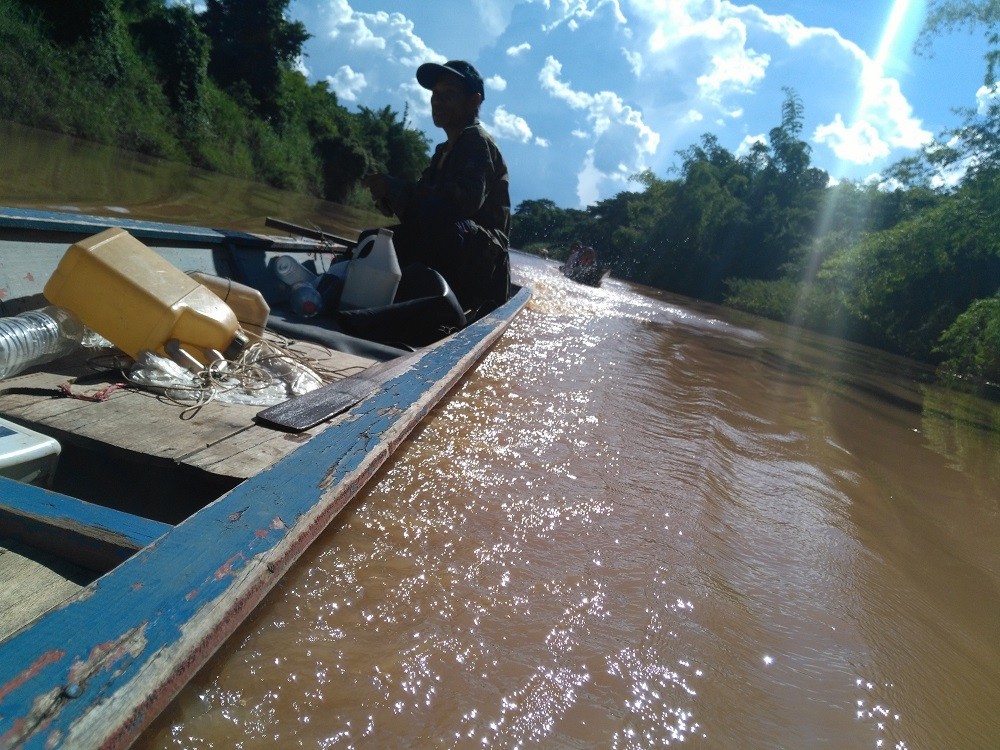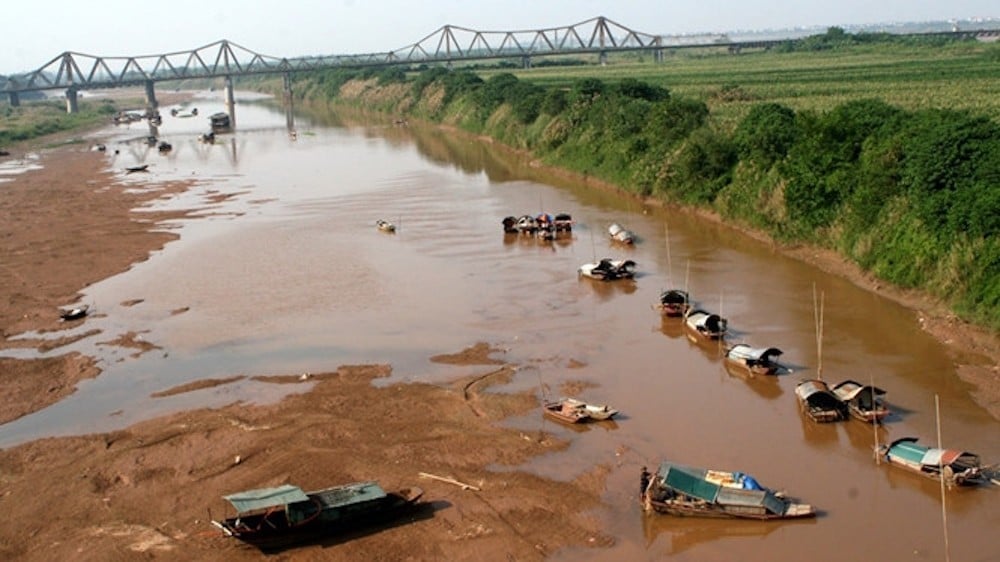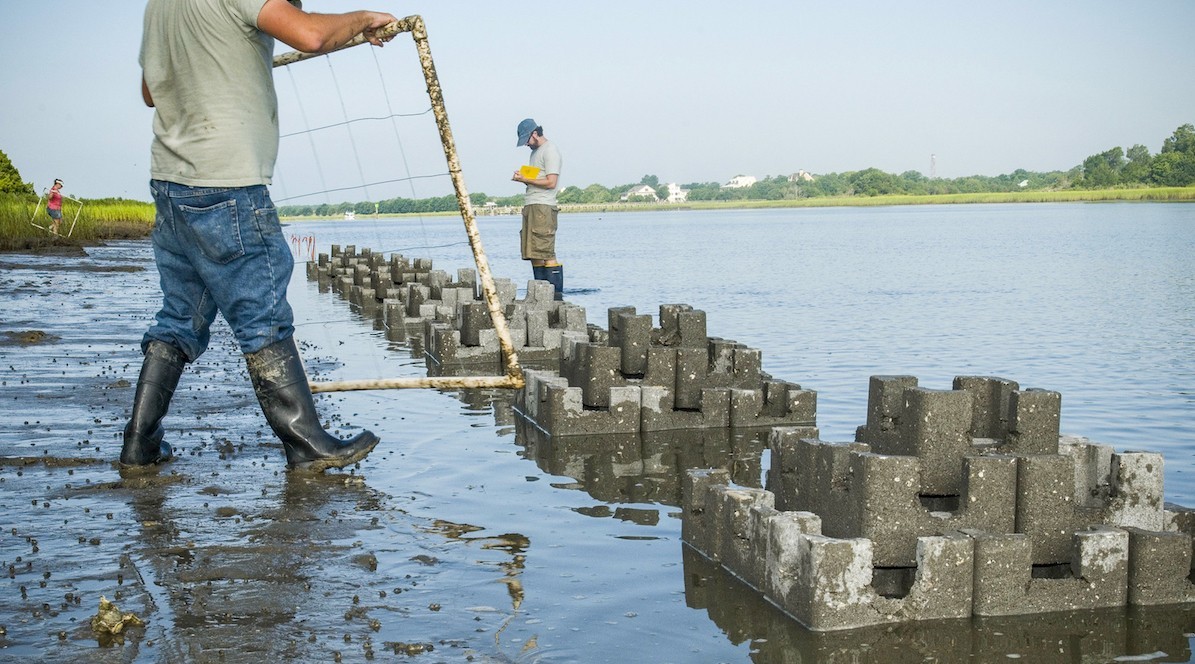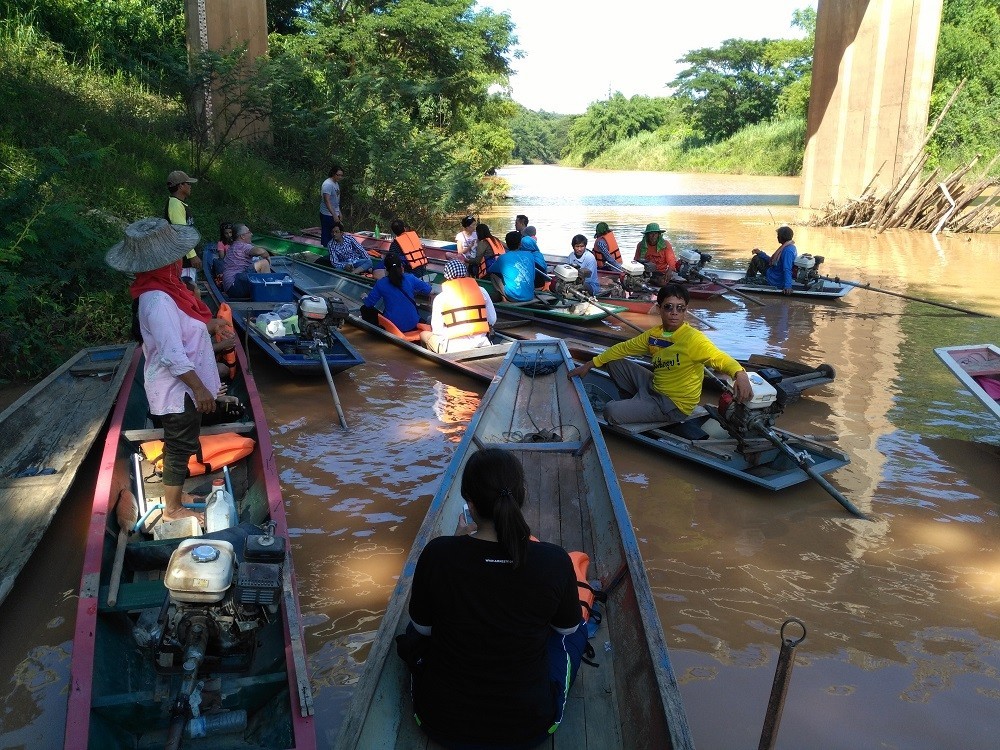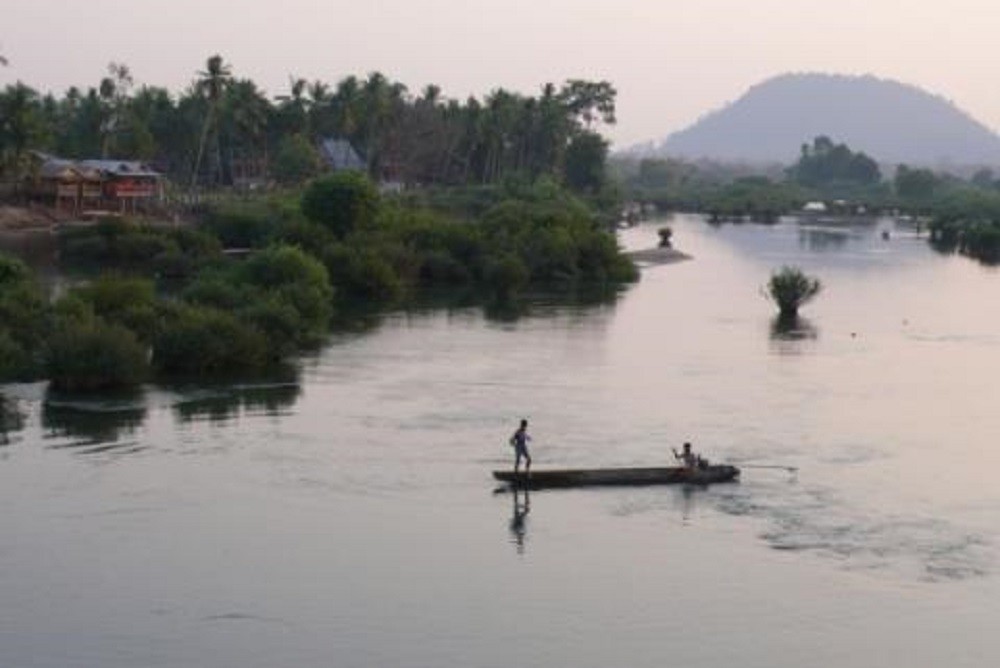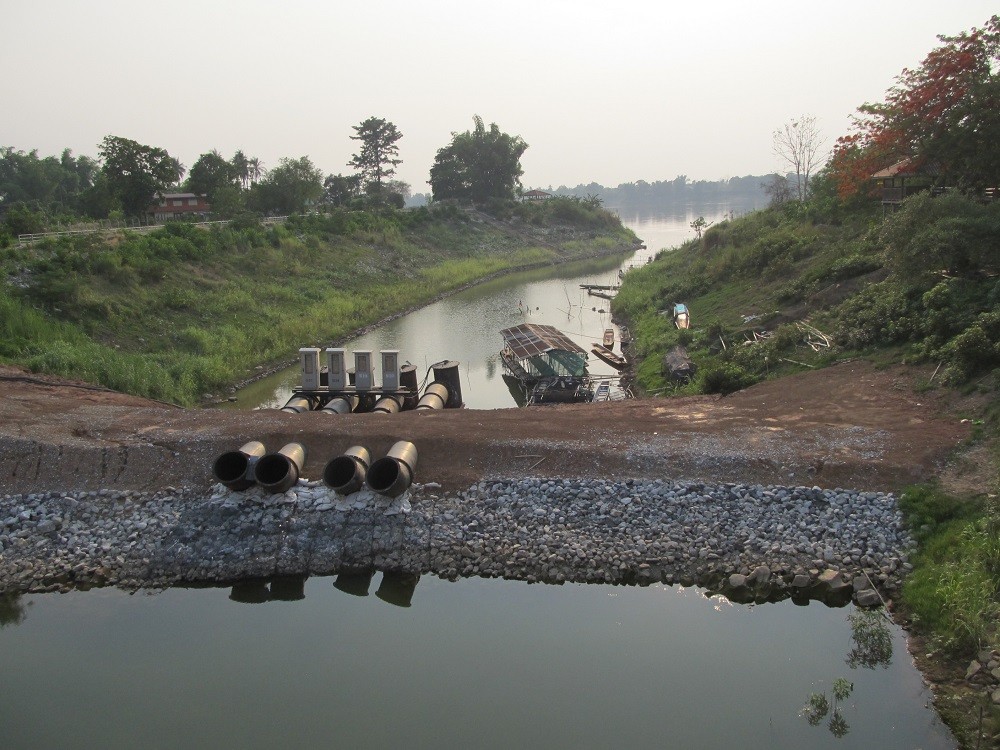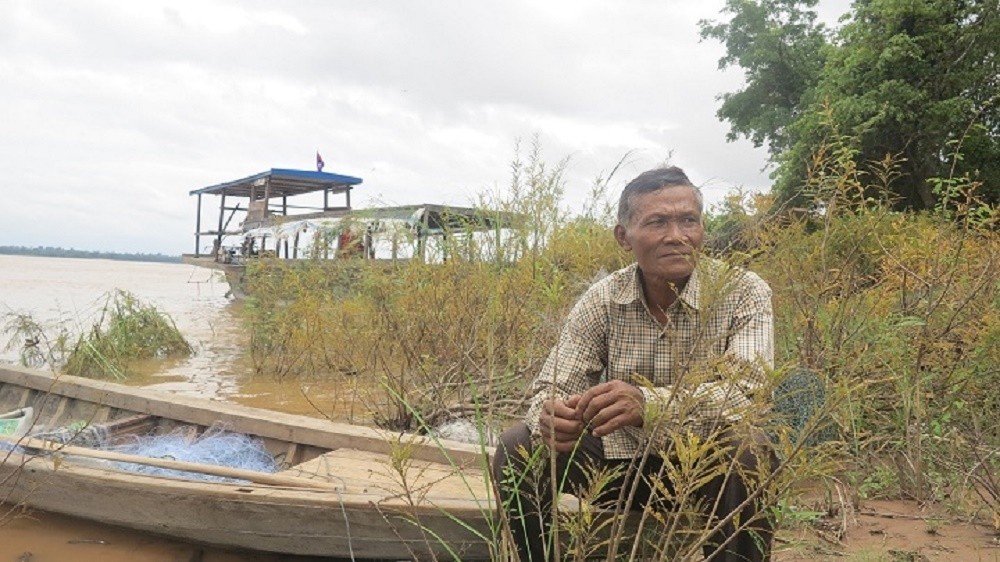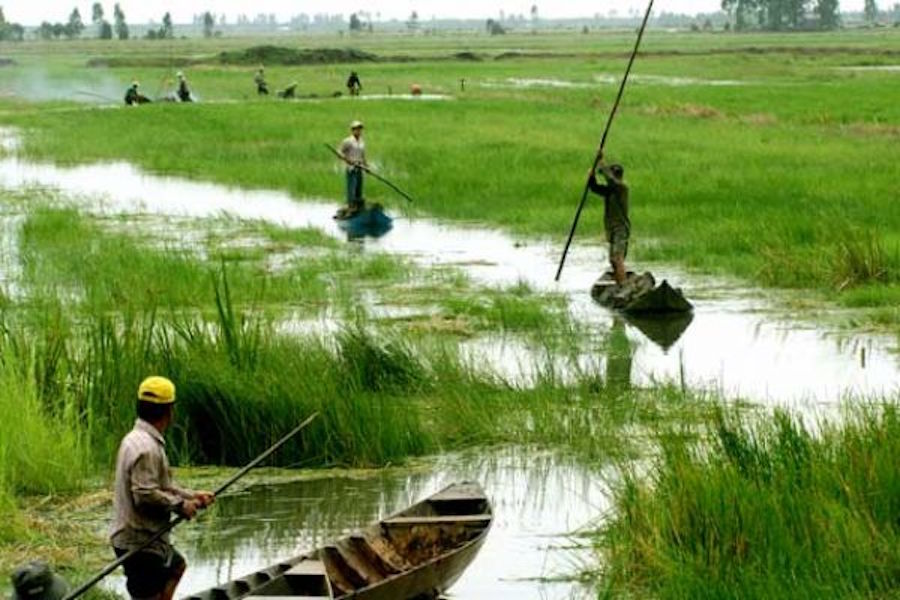Currently, the Mekong Delta provinces are facing saline water intrusion as a result of low water levels in the Mekong River. Cambodia and Lao PDR are also plan for similar water diversion projects. If the Kong-Loei-Chi-Mun and similar projects will be implemented in Cambodia and Lao PDR, the volume of flood water to Vietnam’s Mekong River Delta area will be significantly reduced. Furthermore, climate change and El Nino phenomenon will make the issue even more challenging.
Tag: Water Management
China’s lack of cooperation causing problems for Vietnam’s water resources programming
According to the Ministry of Natural Resources and the Environment (MARD), the total area of the entire Red-Thai Binh River basin is 169,000 square kilometers, of which 86,700 square kilometers, or 51.3 percent, belong to Vietnam, 81,200 square kilometers (48 percent) to China and 1,100 square kilometers, or 0.65 percent, to Laos.
Tong Ngoc Thanh, director of the National Center for Water Resources Planning and Investigation (NAWAPI), said at a workshop held recently that since China was uncooperative, and that it was difficult for Vietnam to get information for development programming about the water source in the upper course belonging to the Chinese territory.
Govt to survey dams nationwide
The government is planning on reviewing the status of dams throughout the country to see if they are worth keeping. U Htun Win, deputy minister for agriculture, livestock and irrigation, told parliament on August 2 that the review would take into account the efficiency, cost-effectiveness and long-term benefit of the dams.
A shift in policy, away from building dams and toward running irrigation channels to farmland, has already led to a 50 percent cut in the request for irrigation funding next year. The ministry’s assistant secretary, U Myo Tint Tun, told The Myanmar Times on July 18 that expenditure in 2017-18 would be less than half of this year’s level, falling from K253 billion (US$216 million) to K120 billion. The funds would be used primarily to provide irrigation drainage to existing dams that lacked it.
SEZ polluting Bavet canal, villagers say
Villagers living along a canal in Svay Rieng province’s Bavet town say its water has been polluted by untreated discharge from the nearby Manhattan Special Economic Zone (SEZ), rendering it unusable.
Three communes live along the Tapov canal – Bati, Prasat and Bavet – with villagers from the first two saying that they have complained about the pollution since 2015 and that the quality of the water has continued to decline and the smell is unbearable.
Regional Journalist Network Examines Dams, Diversion, Drought and Difficult Decisions
At the junction of the Loei and Mekong Rivers in Thailand, Journalists from around the Mekong region examined an example of the current mix of stresses on the environment and communities across the region. The workshop “Mekong Matters: Water Governance on the Mekong River” brought 15 journalists from Cambodia, Myanmar, Thailand and Vietnam together to examine how various water development projects are causing potentially irreversible changes to fisheries, farming, culture and water supply.
Mekong water diversion projects threaten Vietnam
Experts have warned that Vietnam is in danger as Thailand, Laos and Cambodia are speeding up their Mekong water diversion plans.
New book: Licensed Larceny: Infrastructure, Financial Extraction and the global South
This new 144-page book, just published by Manchester University Press, argues that the current push worldwide for Public-Private Partnerships (PPPs) is not about building infrastructure — roads, bridges, hospitals, ports and railways – for the benefit of society but about constructing new subsidies to benefit the already wealthy. It is less about financing
development than developing finance.
Mekong basin stirs up region: Thai water diversion project could have mega risks
While a solution for the negative impacts from Mekong mainstream dams is still doubtful, the downstream countries, Vietnam in particular, have to confront new threats from upstream neighbors related to water usage.
The Secret of Sesan 2
Vietnamese journalists took an investigative field trip to Stung Treng province of Cambodia where the Lower Sesan II dam is being constructed now on the Sesan River, one of the mainstreams of the Lower Mekong River.
International reports warn about disintegration of Mekong River Delta
A research work by the National University of Singapore on the impact of the Manwan hydropower dam in China in the Mekong Delta showed that 160 million tons of sediment flowed to the delta each year in the past, before the dam was built.
Since the dam was put into operation, the figure has dropped to 75 million tons.


